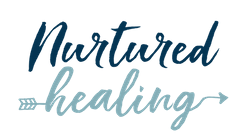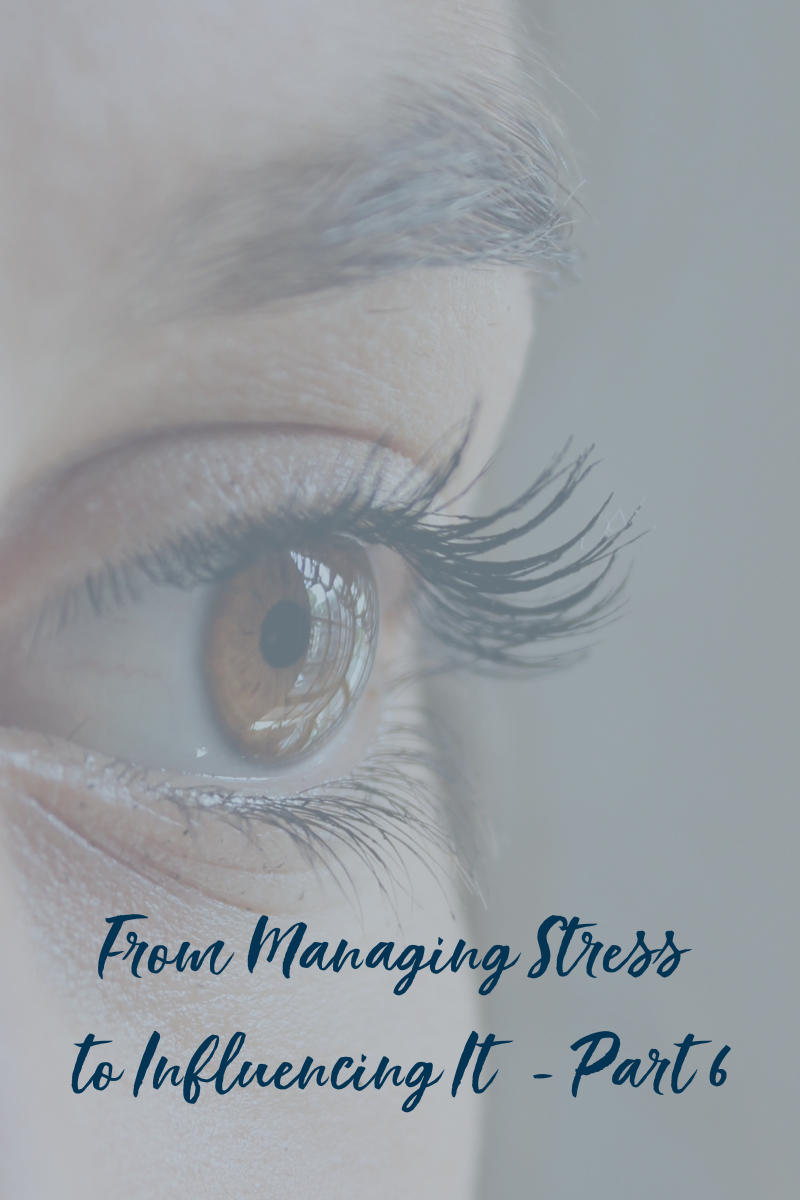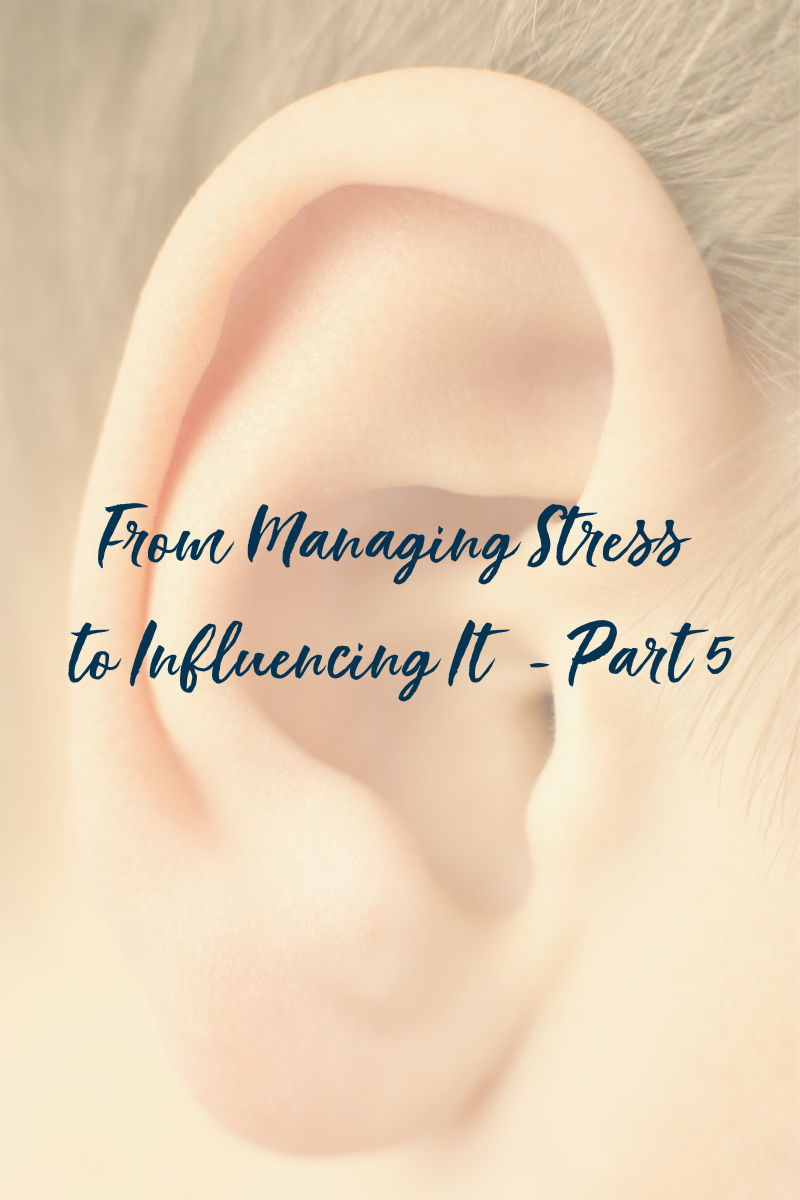Life is not always consistent and those shifts, no matter the size, can throw our habit practices for a loop. It’s up to us to have flexibility and the way we can do that is to create back-up scenarios.
In my 100-Day Gong effort of adding daily sunlight, grounding, movement, eating greens, and drinking electrolyte water to my routine, I found a need to be flexible within the first week. Turns out the sun doesn’t always shine in the summer. So when the first stormy day came, I acted quickly to come up with a backup plan to avoid breaking my streak.
Since conducting my daily meditation practice (already an existing habit) outside so that it stacks with sunlight and grounding (bare feet on the earth) doesn’t work out so great when it’s storming I created some IF, THEN statements.
IF, THEN statements are great when your plan can’t be executed. They keep you from throwing in the towel by creating a contingency in the event your changes are impacted. Here are mine:
IF there’s no sunlight to help set my circadian rhythm, THEN I will use my red light panel to supercharge my cells.
IF I cannot go outside barefoot to discharge the positive electrons I build up in my system, THEN I will use my PEMF mat to mimic the earth’s magnetic field.
Luckily I can use the red light panel while on the PEMF mat during my daily meditation so the shift is simple. Eating greens and drinking water remain the same. The only other shift is to head to the gym if I cannot make it outside to walk or ride my bike but I also have the option to do body-weight exercises at home. So far so good, I actually enjoy the variety with guardrails.
How are you flexible in your habit-building? Do you need to create an IF, THEN statement or two to support you?














